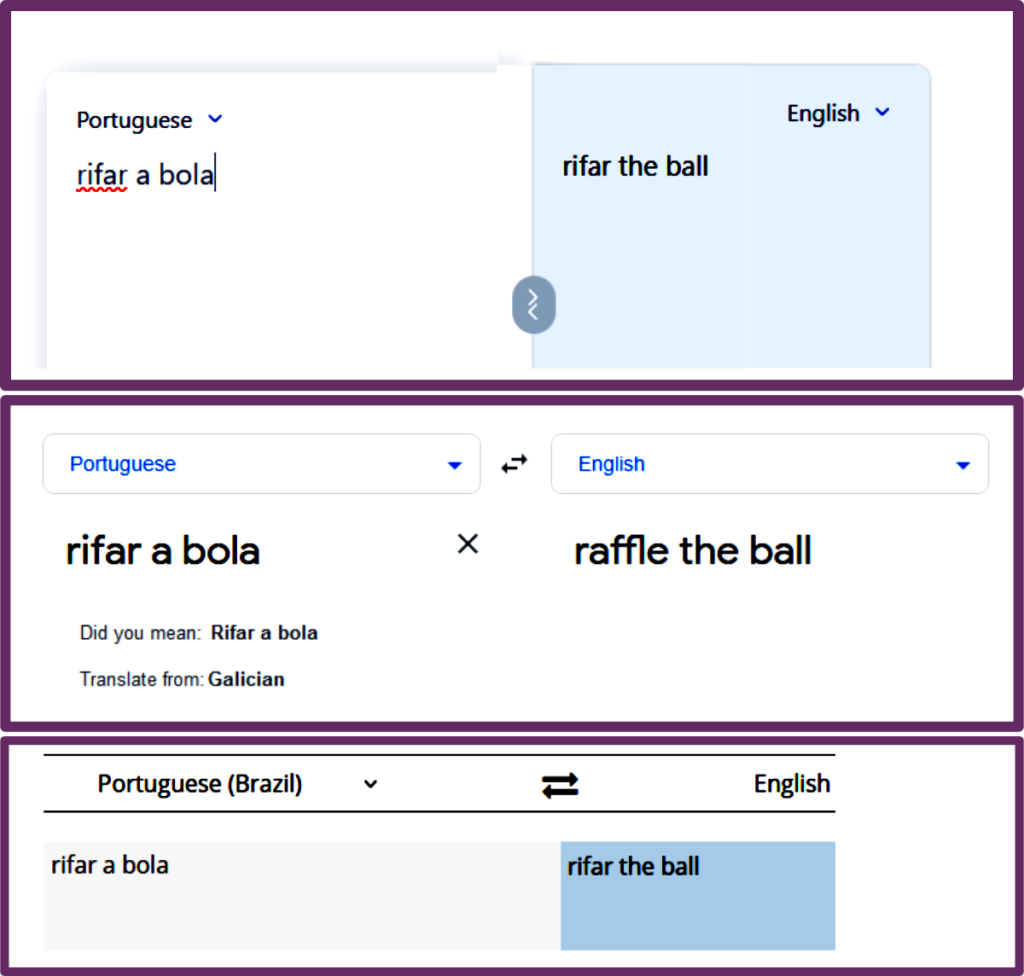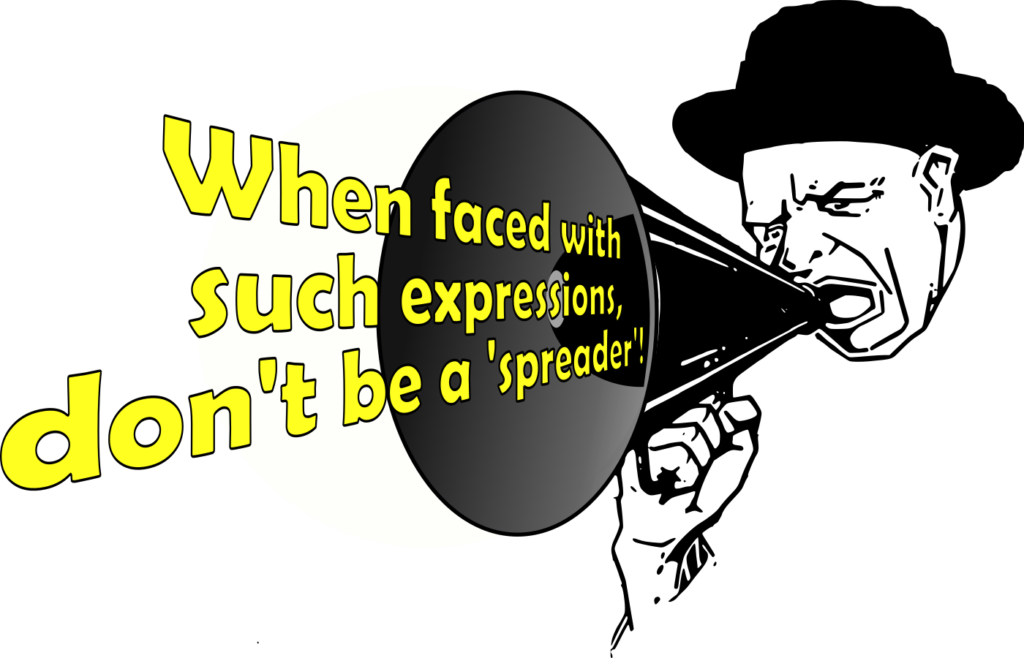When You Get the 'Dangerously Bad' and Rarely the 'Possibly Good'

Linking Ideas
As translators, we've all faced the frustration and befuddlement of running into a cluster of words whose individual meanings we know but when taken together, they sound like nonsense. That's when we know we've come across an idiom.
There are thousands of them, both in Portuguese and in English − a string of words whose meaning can't be worked out by knowing the meaning of the separate words alone. If you try to translate them literally, you wind up with a jumbled mish-mash that sounds ludicrous in the target language.

To illustrate this point, let's use the idiom below, which is very common in Portuguese and used by everyone who's familiar with soccer:

RIFAR A BOLA
It consists of two distinct words with different meanings.
The Portuguese verb "rifar" is translated as "raffle" in English and "bola" as "ball". If we try to understand this expression based solely on the meaning of the individual words, we come up with
RAFFLE THE BALL
It simply makes no sense in English!
If we resort to electronic translators, the results get sloppier and sillier. Take a look.


Well, somewhere along the way, some people or machine translators actually translated "rifar a bola" as 'raffle the ball' and posted it on the Internet.
How awkward and unnatural it sounds!
No one pays to use the internet databases or the so-called translations posted in them. Whenever you search for something, the browser reels off hundreds or thousands of matches. However, keep in mind that none of this information was PRODUCED by the search engine – it's merely a COMPILATION of data randomly collected by robots. So, what does this mean to you as a translator?
In this case, the content wasn't specifically produced to serve a given segment and no one paid to have it done. Most of the information is THIRD PARTY DATA, meaning if you are looking for the translation of a particular idiom, chances are you're going to get the
'dangerously bad'
(and rarely the 'possibly good').
You're getting whatever the robots find in online translators – ALL free and none of it screened for accuracy.
Why does this happen with the freely available translations? For one thing, they're often done by machines that can't string together ideas when an idiom is specific to a language and culture and they wind up being carelessly replicated by people who don't know or don't care that they're perpetuating a mistake.

Now take a look at the screenshot below and see what you get when you rely on the content provided by AVRO dx.

To boot the ball: Rifar a bola | dar um chutão pra frente (chutar a bola de futebol com toda força e para o alto num esforço desesperado de enviá-la para o outro lado do campo e o mais próximo possível da trave do gol, geralmente, correndo alto risco de perder a posse de bola para o adversário = to kick a soccer ball hard and high in a desperate effort to send it to the other side of the field as close to the goalpost as possible, often with a high risk of losing possession of it to the rival team) (NOTA: Rifar a bola não é uma jogada tática e nem técnica = NOTE: Booting the ball is neither a tactical nor technical approach).
See the difference between a pseudo-translation and a reliable, well-thought-out translation?
That's the kind of translation you get when you use AVRO dx!
AVRO dx is a comprehensive (English-Portuguese-English) reliable database containing over 250,000 primary entries, thousands of technical terms from all segments, over 3,700 pictures, plus helpful example sentences and explanations.
Watch the video below to learn more about AVRO dx and what it can do to help you and your career!